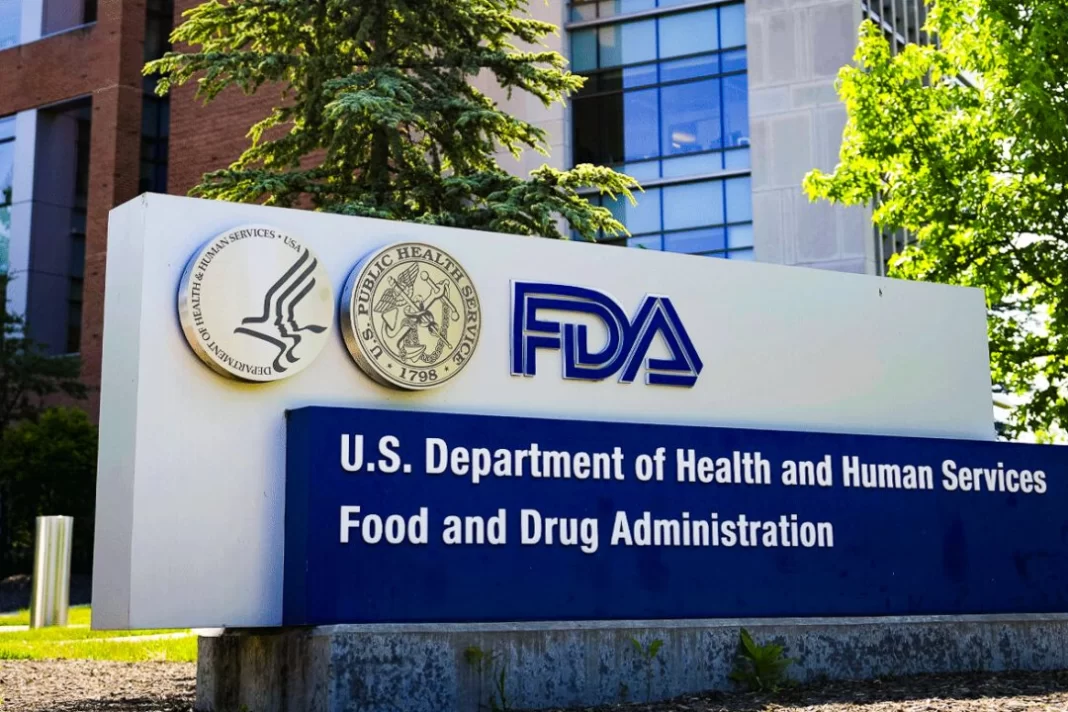Earlier in June, Kennedy removed every member from the CDC’s Advisory Committee for Immunization Practices.
There are no plans to remove any members of the panel that advises the Food and Drug Administration on vaccines, a spokesperson said on June 20.
“At this time, no decisions have been made regarding changes to the membership of the FDA’s Vaccines and Related Biological Products Advisory Committee (VRBPAC),” the spokesperson told The Epoch Times in an email.
The spokesperson also said that the Department of Health and Human Services, headed by Health Secretary Robert F. Kennedy Jr. and the parent agency of the FDA and Centers for Disease Control and Prevention, “will continue to review all advisory bodies to ensure they uphold the highest standards of transparency, public accountability, and gold-standard science.”
Kennedy, earlier in June, removed every member from the CDC’s Advisory Committee for Immunization Practices, citing issues such as conflicts of interest. An Epoch Times review found that multiple members of that panel had participated in votes about vaccine that impacted companies from which they had recently received money.
The health secretary chooses members for the Advisory Committee for Immunization Practices, while the commissioner of the FDA, currently Dr. Marty Makary, chooses members of VRBPAC.
All of the people presently serving on VRBPAC were chosen by previous FDA commissioners. They typically serve four-year terms. The terms of seven members are set to expire on Jan. 31, 2026, with other terms lasting longer.
Conflicts of Interest
Candidates for VRBPAC are told to “provide detailed information concerning such matters as financial holdings, employment, and research grants and/or contracts in order to permit evaluation of possible sources of conflict of interest.”
The FDA refers candidates to a presentation that describes conflicts of interest as occurring “when an individual selected to serve on an advisory committee has financial interests that may be impacted by the individual’s work on the advisory committee.” Financial interests were said to include consulting arrangements.
If a particular matter will have a “direct and predictable effect” on an adviser’s financial interests, the adviser cannot serve on the committee for that matter, according to the presentation.
FDA officials review potential conflicts of interest and decide whether a member’s participation in each advisory committee meeting is appropriate, according to the FDA presentation.
Waivers can be granted if officials determine that the need for an adviser’s participation outweighs any potential conflict of interest.








